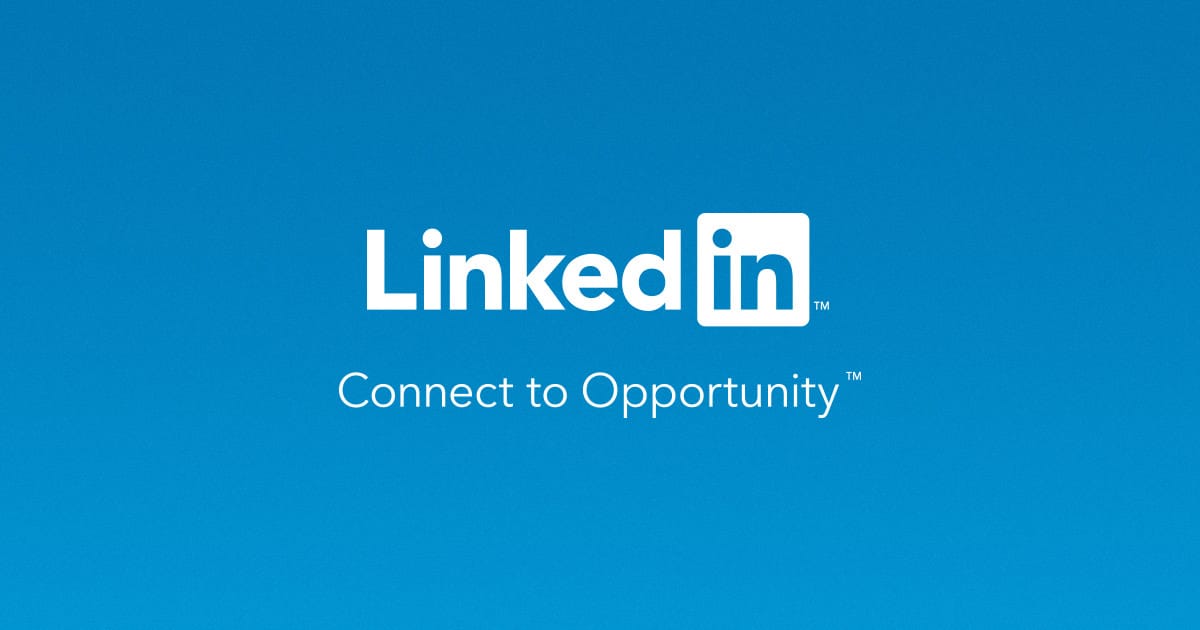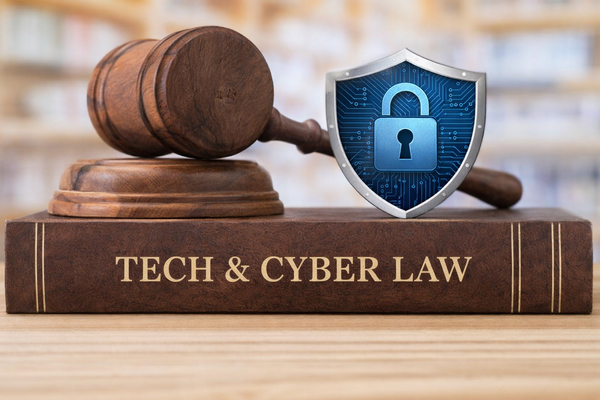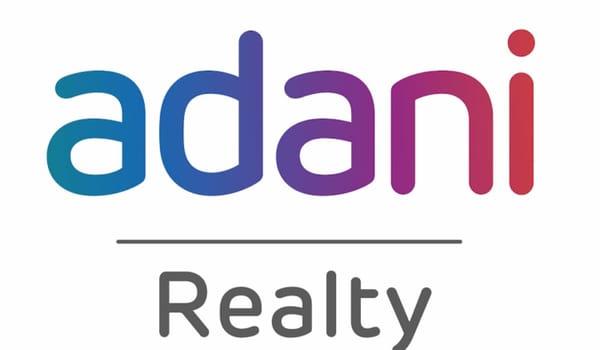ASCI Warns LinkedIn Influencers: The Importance of Transparency in Brand Partnerships

Author: Chaheta Shruti, 3rd year student, Symbiosis Law School, Noida
With its unrelenting march through the changing digital landscape, influencer marketing itself has become an important tool in strengthening brand promotions. However, with great power comes great responsibility. The Advertising Standards Council of India (ASCI) has sent out an advisory asking LinkedIn influencers to comply with verifying and disclosing existing partnerships with brands, services, or advertisers. This motivates the call for transparency in influencer marketing ensuring that audiences are not misled by undisclosed collaborations. It is all done to promote transparency, maintain legal standards and above all to protect the entire concept of influencer marketing.
The Requirement of Disclosure
The need for the advisory is partly due to the increasing need for disclosures within the influencer marketing environment. LinkedIn, which in the past has been considered as a platform where job seekers gather, professionals networked and knowledge passed is now boasting a great number of influencers. These professionals post regularly on specific products or services and present those products or services in a more or less positive light but most of them fail to disclose that they have been paid for that promotion of advertisement.
These practices of non-disclosure seem to mislead audiences who may mistakenly believe that these professionals are offering impartial and unbiased opinions. Such lack of transparency is in direct contravention of the ASCI code, guidelines laid down in the CCPA regulations for influencers in digital media and the CCPA laws. It has been reported that ASCI has flagged more than 60 cases in the past week, with 56 still under review for non-disclosure violations.
The LinkedIn Factor
In contrast to the workings of other social media platforms such as Instagram or YouTube, LinkedIn provides no built-in tools for the influencer to easily disclose brand partnerships. On these platforms other than LinkedIn, influencers may simply add the tags "#ad" or "#sponsored" to a post in order to indicate that it is an advertisement. However, LinkedIn does not have such features which means that influencers are solely responsible for making the necessary disclosures manually.
The ASCI has observed that the non-availability of such platform support does not free influencers from the obligation of revealing their affiliations. Words like 'Ad,' 'Partnership,' or 'Sponsored' should be clearly visible in posts featuring brand promotion or advertisement campaigns. This helps the influencers to be transparent towards their audience and not mislead people into thinking that the content is organic and paid for.
ASCI's Initiative for Supporting Influencers
ASCI has come out with an e-learning certification course called 'The Responsible Influencing Playbook' to assist influencers in adhering to these disclosure obligations. The course covers pertinent regulatory requirements, disclosure guidelines, and self-protection measures for influencers. The purpose of this initiative is to educate influencers on the compliance-related aspects of their role and avoid unintentional violations.
Larger Implications
At this point, the call for transparency finds strong rooting in India, considering the boom in influencer marketing. An EY report estimates that this sector will considerably grow to reach INR 3,375 Crores by 2026 at a compound annual growth rate (CAGR) of 18%. As the influencer marketing sector continues to grow, so do the calls for having a very strong self-regulatory framework in place. New endorsement guidelines were released by the Consumer Affairs Ministry in 2023 at the same time, suggesting strong fines for violations, which is a sign that the government intends to regulate this fast-growing sector.
Conclusion
The ASCI's advisory to LinkedIn influencers serves as a reminder that integrity and transparency are essential for maintaining the trust of audiences. As influencers shape consumer choices, the liability is on them to adhere to disclosure norms in order to safeguard audiences and the advertising ecosystem. In this way, they will not only comply with the law and ethical guidelines but will also lead the way for responsible digital marketing practice.
For daily legal updates, visit our website legalwiki.co


![Join Indian Army in Judge Advocate General Branch, Chennai [Unmarried Male and Female]- Apply Now!](/content/images/size/w600/2026/02/jag.png)

